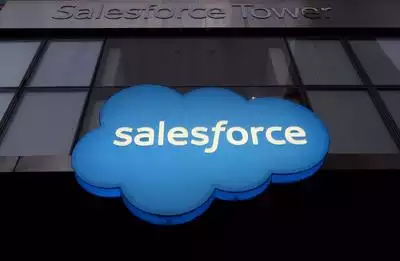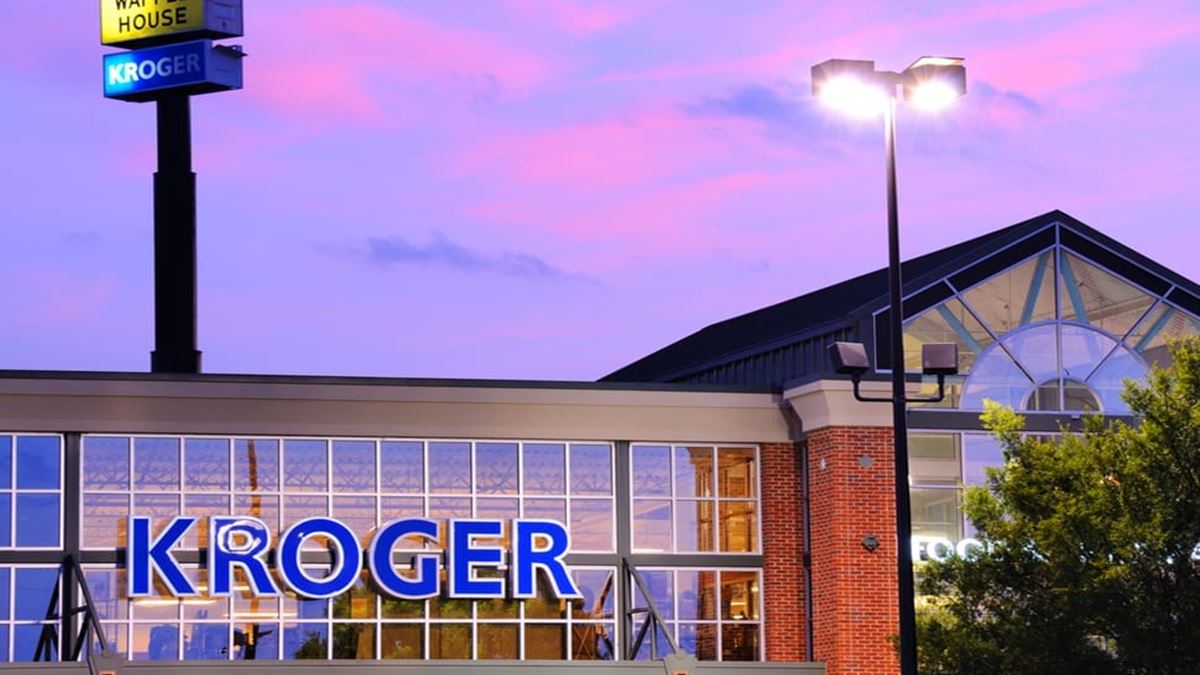Savvy executives who are well-versed in the job interview process know they’re on the clock in hiring potential top talent, and that goes double for the short period of time both parties have for a face-to-face job interview.
According to data from Glassdoor, the average job interview duration is just 23 days, while 118 people, on average, apply for a single job opening. Once a candidate reaches a human interviewer, the average job interview is about 40 minutes, which further limits an executive’s opportunity to get to know a good job prospect.
Those time limits highlight the need to ask the right job interview questions; the queries that can cut through the chaos and help management land the best prospect for the job.
Good interviewers don’t waste time with too many questions, as they know only a few questions can gather the necessary information to make a quality hire.
“When I craft interview questions, my focus is on uncovering depth, not just in skills, but in mindset and cultural alignment,” said Victoria Ashton, senior vice president of people at Lob, a direct mail marketing company in San Diego, California.
Ashton believes the best interview questions prompt people to pause, reflect, and reveal something authentic about how they think, what they value, and how they’ve navigated real challenges or opportunities. “I believe the magic happens beyond the resume, so my questions aim to explore the ‘how’ and “why” behind their journey, not just the “what,” she noted.
Like most serious job interviewers, Ashton’s particularly drawn to questions that help candidates self-assess their environment fit and leadership philosophy, especially in fast-evolving cultures. “I want to understand whether someone thrives in an autonomous environment, how they collaborate, what they expect from leadership, and whether their values align with ours,” she added.
Ashton’s not alone. Every hiring decision-maker likely has a favorite job interview question to ask a candidate, and will rely on it as an anchor during the brief interaction with a job candidate.
What job interview questions work the best for executives? These queries lead the list of management leaders who shared their best questions with Quartz.
What impact will you have on your team?
Keyla Cabret-Lewis, vice president of human resources and talent development at insurance provider Aflac, has been in talent recruitment for more than 20 years, with her current focus now on hiring for leadership positions.
“One thing I have learned repeatedly is how much a team’s accomplishments and overall positive dynamics are shaped by its leaders,” Cabret-Lewis said. “At Aflac, we place great value on leaders who understand their influence on a team and commit to setting an example. That’s why I like to ask the question, “Can you share (with examples) more about the direct impact that you had on your team’s success and team’s culture?”
Cabret-Lewis said she’s looking for specific details in their answer, including the projects a job candidate has worked on, what challenges and setbacks they experienced, and how they recovered.
“Today, recruiters need to look beyond the question of, ‘What are your strengths and weaknesses?’ and dig deeper to understand a candidate’s experience and learn how they navigate real-world problems, support their teams, and contribute to the business,” Cabret-Lewis noted.
Imagine the scope of work has increased, but the resources have not; what would you do?
According to Valeria Rozova-Rosenblatt, chief executive officer at Emex Group, a global logistics holding with an annual GMV of $500 million, this job interview query “clearly shows” if the job candidate knows how to prioritize and grow business value without a proportional increase in resources, and whether they have the skills and practical experience to stay effective and resourceful.
“For example, when I ask this question to employees from large corporations, most of the time they can’t give any answer other than increasing the team size or hiring an outsourcer,” Rozova-Rosenblatt.
In a candidate’s answers, Rozova-Rosenblatt said she’s looking for a demonstration of competencies, maximum applicability, extensive practical experience and exposure, the ability to reflect, and sincerity. “That’s especially the case when it comes to admitting mistakes,” she added.
What brings you here today?
Rob Scott, managing director of recruitment firm Aaron Wallis, has seen it all in his 23 years of experience in careers management, sales, operational management, and human resources.
So when it comes to hiring sales professionals, Scott has a particular interview strategy with job candidates.
“Interviewing sales professionals can be tricky,” he said. “By their nature, they’re excellent communicators who think on their feet and often give you the answers they think you want to hear. To get past that façade, I use a three-question interview style that gets to the heart of who they are as a person and a salesperson.”
Scott’s favorite opening question is: ‘What brings you here today, beyond the job on offer, what has happened in your life to bring you to this very point?’
“In five minutes, candidates usually reveal far more than their cover letter ever could,” he said. “They talk about life goals, adversity they’ve overcome, and their core values, which gives me a much clearer picture of their motivations.”
Scott typically follows up with a second question: ‘Do you agree that the measure of a great salesperson is in the quality of the questions they ask?’
“From there, I flip the interview on its head and let them lead with their own questions for the next half hour,” he noted. “It sparks a natural, more relaxed conversation and often tells me more about them than 20 traditional interview questions ever could.”
He also holds a closing question in his back pocket for the end of interviews: ‘I absolutely hate surprises, so what should I be ready for if I were to hire you?’
“It’s my version of the classic ‘What are your weaknesses?’, but I find it draws out more honest and insightful answers,” Scott said. “This three-question approach tells me everything I need about a candidate’s motivators, resilience, pitching ability, and self-awareness. It cuts through the typical interview script and, most importantly, makes the interview enjoyable for both sides.”
How do you receive negative feedback?
Jordan Stelzner, head of HR and Talent Acquisition at Kintsugi, an automated sales tax services company in Richmond, Virginia, said getting a bead on a job candidate’s reaction to bad news can be socially revealing.
“One of my favorite questions to ask is: ‘Tell me about a time you received constructive feedback that was hard to hear,” she noted. “Then I ask, “What was it, and how did you respond?”
Stelzner said she loves this question because it gets right into humility and growth. “Everybody can talk about their wins, but what really matters is how someone reacts when things don’t go smoothly,” she said.
She’ll also “never forget” a candidate who admitted their manager once said their communication style was coming across as condescending. “That’s a tough thing to hear,” Stelzner said. “Instead of ignoring it, the candidate asked for specific examples, signed up for a communication workshop, and then checked in with teammates afterward to make sure they were improving.”
That answer stuck with Stelzner. “It showed the candidate was willing to take accountability, be vulnerable, and actually put in the work to get better,” she said.
What does culture and company mean to you?
Ashton said she has two questions she likes to ask job applicants, and each is more company-based than qualification-based.
— “What has been the most memorable or best culture that you’ve been a part of so far in your career, and why?”
— “What separates a good company from a great company, in your experience?”
“These questions open a window into how candidates perceive culture, leadership, and performance,” Ashton said. “They don’t just tell me what a candidate wants from a company, but also show me what they’re likely to contribute, what inspires them, and how intentional they are in their professional growth.”
The queries also help spark mutual reflection. “The best answers feel more like a conversation than a test; they bring out stories, insights, and sometimes even new ideas I bring back to my team,” she added.
Source – https://qz.com/best-job-interview-questions-executives




















